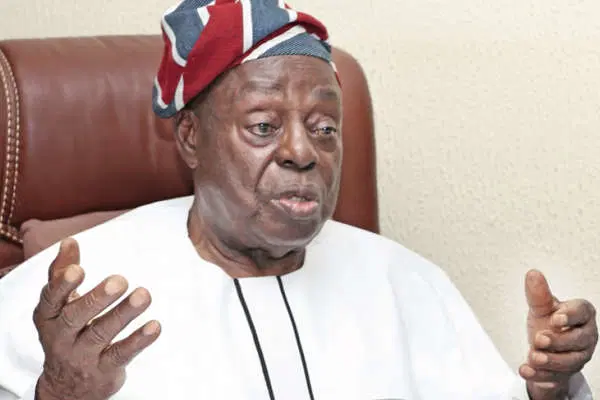The Dangote Petroleum Refinery was anticipated by many Nigerians to herald an end to the country’s dependency on imported petroleum and the frequent scarcity of petroleum products. However, the path to realizing this expectation has been fraught with difficulties, largely due to the Nigerian National Petroleum Corporation Limited (NNPC Ltd.) and its role in the refining and sale of petroleum products from the Dangote Refinery.
NNPC’s Reluctance and Delays
Initially, NNPC Ltd. was hesitant to supply the crude oil necessary for the Dangote Refinery’s operations. Consequently, the refinery resorted to importing crude oil from the United States and Brazil, marking a significant first in Nigeria’s history. By September, Dangote had successfully imported 57 shiploads of crude oil, but only after federal government intervention did NNPC Ltd. agree to supply crude oil to the refinery.
Moreover, once the Dangote Refinery began producing Premium Motor Spirit (PMS), NNPC delayed in lifting the product for distribution, despite it being ready for circulation. This created a bottleneck in the supply chain, frustrating both the refinery and consumers.
Compounding these challenges was NNPC’s delay in announcing the price of PMS from the Dangote Refinery. The refinery representatives stated that only NNPC Ltd. has the authority to fix prices for petroleum products since it controls pricing mechanisms. This monopolistic grip on production, pricing, and distribution has raised concerns about NNPC’s central role in the Nigerian petroleum landscape.
Legislative Framework: The Petroleum Industry Act, 2021
The situation calls for a closer examination of the powers and responsibilities as defined by the Petroleum Industry Act (PIA) of 2021. This act governs the Nigerian petroleum industry and outlines the roles of key players, including NNPC Ltd.
- Supply of Crude Oil to Local Refineries:
The PIA mandates NNPC Ltd. to carry out petroleum operations on a commercial basis, akin to private companies. However, its role as the primary supplier of crude oil can hinder the operational autonomy of private refineries like Dangote. - Determining Prices of Petroleum Products:
The pricing of petroleum products remains within NNPC’s purview. The PIA allows NNPC to act as a pricing authority, but this can lead to monopolistic practices, particularly when the agency delays price announcements or restricts access to essential products. - Exclusive Purchasing and Distribution:
NNPC’s role as the sole distributor and purchaser of petroleum products creates a bottleneck, especially when private entities like Dangote Refinery are involved. This monopolistic stance stifles competition, contrary to the intent of the PIA to foster a more open market.
The Role of the Nigerian Midstream and Downstream Petroleum Regulatory Authority
Another key player is the Nigerian Midstream and Downstream Petroleum Regulatory Authority, established under the PIA. This authority is tasked with regulating midstream and downstream petroleum operations, promoting market competition, and ensuring compliance with laws governing the sector.
- The authority is mandated to promote a competitive market and ensure compliance with regulations governing the supply and distribution of petroleum products.
- It is also responsible for ensuring crude oil supply for domestic refineries, which should ideally alleviate the challenges faced by Dangote Refinery regarding crude sourcing.
Private Sector Participation
The PIA explicitly encourages private sector involvement in midstream and downstream petroleum operations. Private refineries, such as the Dangote Refinery, are entitled to obtain licenses and permits, provided they meet certain technical and operational standards. This opens the door for more competition and innovation in the sector, but it also highlights the importance of overcoming NNPC’s monopolistic tendencies.
Conclusion
In conclusion, the Dangote Refinery represents a critical opportunity for Nigeria to enhance its self-sufficiency in petroleum products. However, the challenges posed by NNPC Ltd.’s monopolistic control over crude supply, pricing, and distribution must be addressed.
As Nigeria navigates the complexities of its petroleum industry, it is essential to strike a balance between regulatory oversight and fostering an environment conducive to private sector growth. The PIA provides a framework for this transformation, but it requires commitment from all stakeholders to realize its full potential. By empowering private refineries and ensuring fair competition, Nigeria can take significant strides toward a more sustainable and efficient petroleum sector.

